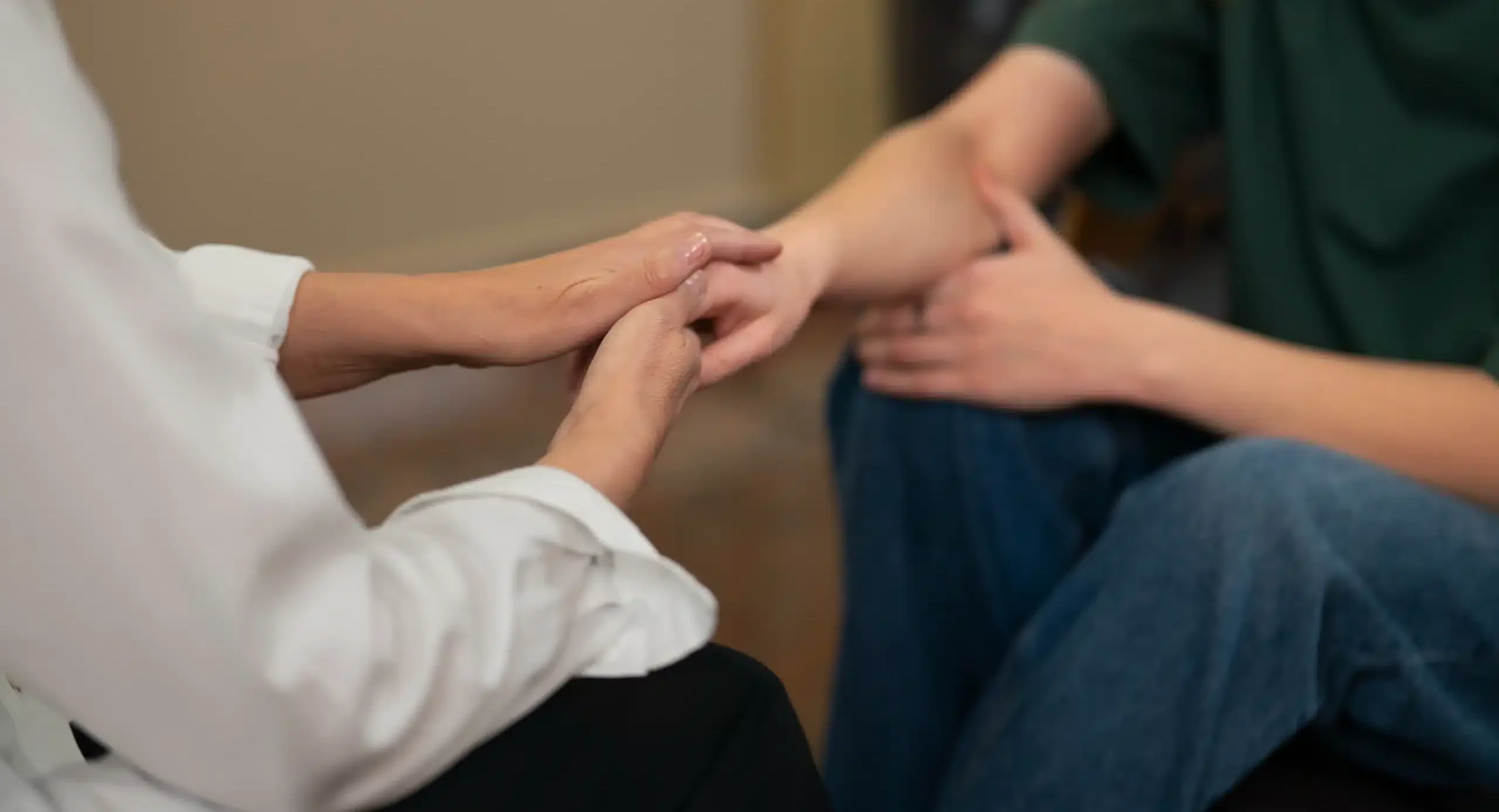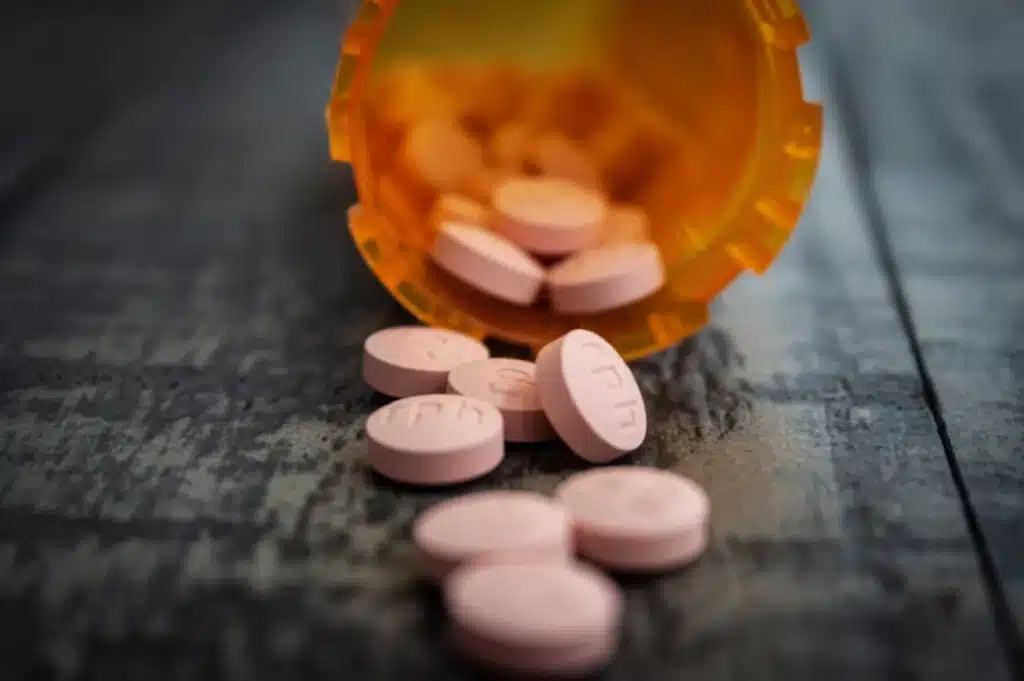Understanding Dual Diagnosis: Treating Addiction and Mental Health Together
05 min read

Introduction: When Two Challenges Overlap
For many young adults, addiction is not the only battle—they may also face underlying mental health conditions such as anxiety, depression, PTSD, or bipolar disorder. When substance use and mental health challenges occur together, it’s known as dual diagnosis (or co-occurring disorders).
Treating one without addressing the other can leave gaps in care, making relapse more likely. At Holina Village in Cyprus, dual diagnosis treatment is fully integrated, ensuring both conditions are addressed in a coordinated and holistic way.

What Is Dual Diagnosis?
Dual diagnosis occurs when an individual has both a substance use disorder and one or more mental health conditions. Examples include:
Alcohol dependency and depression
Cannabis misuse and anxiety disorders
Opioid addiction and PTSD
These conditions often interact, each making the other worse if untreated.
Why Dual Diagnosis Is Common in Young Adults
Self-Medication
Some young people turn to drugs or alcohol to cope with emotional pain, trauma, or untreated mental health symptoms.
Brain Development
The brain continues to develop into the mid-20s, making young adults more vulnerable to both substance use disorders and mental health conditions.
Environmental Stressors
Academic pressure, social challenges, and family dynamics can trigger or worsen both issues.
Challenges of Treating Dual Diagnosis
Overlapping Symptoms
It can be difficult to determine whether symptoms such as mood swings or fatigue are caused by substance use, mental illness, or both.
Fragmented Care
If addiction and mental health services are provided separately, important connections between conditions may be missed.
Higher Relapse Risk
If one condition is left untreated, it can undermine progress in treating the other.

Holina Village’s Approach to Dual Diagnosis
Integrated Care Model
Addiction and mental health conditions are treated together through coordinated therapy and medical support.
Evidence-Based Therapies
Cognitive Behavioral Therapy (CBT) to address thought patterns
Dialectical Behavior Therapy (DBT) for emotional regulation
Acceptance and Commitment Therapy (ACT) to build resilience
Holistic Support
Yoga, mindfulness, art therapy, and outdoor activities help residents manage stress and develop healthy coping strategies.
Specialist Access
If needed, psychiatric care is available on-site for medication management and ongoing assessment.

The Importance of Early Intervention
Addressing dual diagnosis early can:
Reduce the risk of relapse
Improve long-term mental health stability
Help young adults build healthier relationships and life skills
At Holina Village, early identification is part of the intake process, ensuring treatment plans are tailored from day one.
Conclusion: Treating the Whole Person
Recovery is not just about overcoming addiction—it’s about creating a stable, healthy foundation for life. For young adults with dual diagnosis, integrated treatment is the key to lasting change. At Holina Village in Cyprus, addiction and mental health care go hand in hand, giving residents the tools they need to thrive.
📞 Contact Holina Village: +66 (0) 626 418 369
🌐 Learn more: holinacyprus.com
Frequently Asked Questions (FAQs)
1. What is the difference between dual diagnosis and a single diagnosis?
A single diagnosis involves either a mental health condition or a substance use disorder, while dual diagnosis means both occur at the same time and need simultaneous treatment.
2. Why is dual diagnosis more complex to treat?
Because symptoms often overlap, and one condition can worsen the other, treatment must be integrated rather than separate.
3. What mental health conditions are most often linked to dual diagnosis in young adults?
Common co-occurring conditions include depression, anxiety, PTSD, bipolar disorder, and personality disorders.
4. Does Holina Village provide psychiatric medication management?
Yes. If required, a psychiatrist is available to oversee medication management and ongoing mental health support.
5. Can dual diagnosis be fully cured?
While some conditions can be resolved, many are managed long-term through therapy, healthy coping strategies, and relapse prevention.
6. Is family involvement important in dual diagnosis recovery?
Yes. Family support helps create a healthier home environment and improves the chances of long-term recovery.












